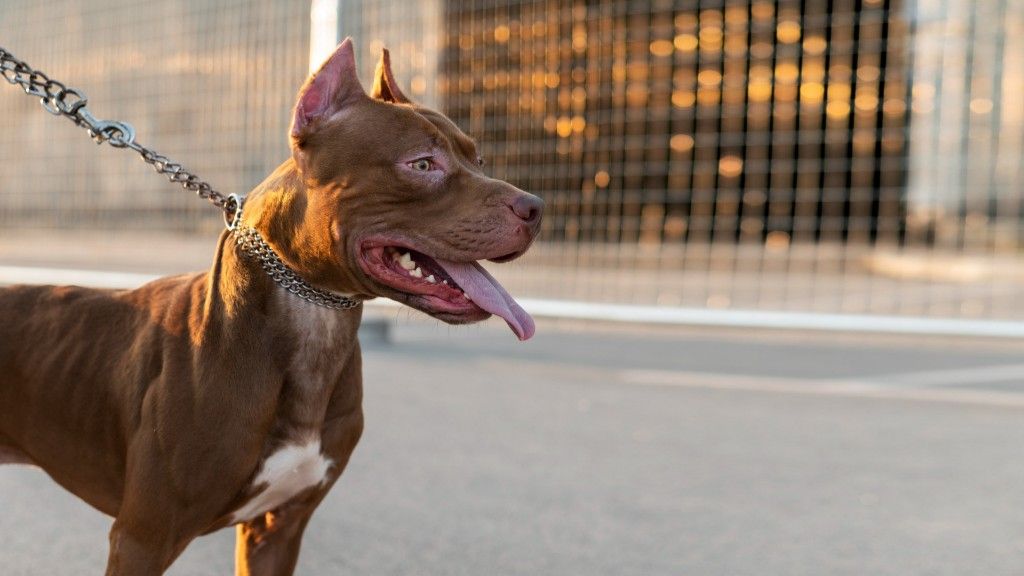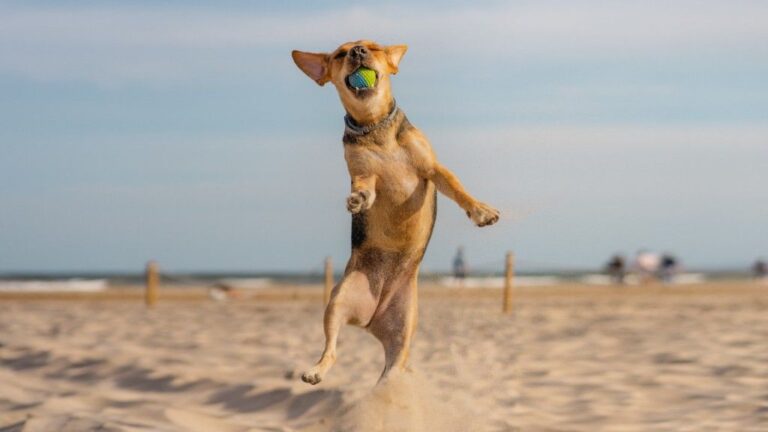World’s 7 Most Aggressive Dog Breeds – When discussing dog breeds, certain names often come up in conversations about aggression. These breeds are sometimes labeled as dangerous due to their protective instincts, physical strength, or historical roles as guard dogs or fighters.
However, it’s crucial to understand that aggression in dogs is rarely inherent—it’s typically a result of poor training, lack of socialization, neglect, or irresponsible ownership.
While all dogs deserve fair treatment and understanding, some breeds have naturally assertive personalities or strong guarding instincts that can make them challenging for inexperienced owners.
Below, we explore seven breeds commonly recognized for their potential to exhibit aggressive tendencies—if not properly managed—and discuss how responsible care can shape their behavior.
Table of Contents
1. Pit Bull Terrier
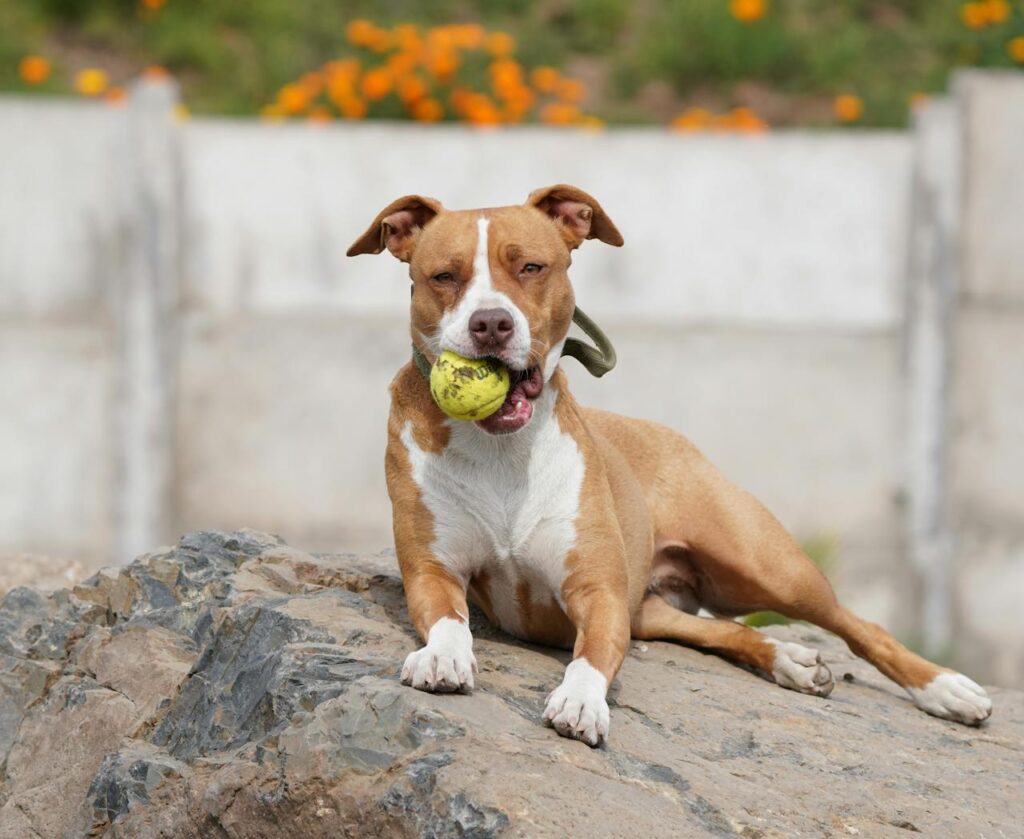
Pit Bulls are perhaps the most controversial breed when it comes to discussions of aggression. Originally bred for bull-baiting and later exploited in illegal fighting rings, these muscular dogs (30–60 pounds) have earned an undeserved reputation.
In reality, Pit Bulls are loyal, affectionate, and eager to please when raised in loving environments. Their high prey drive and tenacity require firm but positive training from an early age. Socialization is essential to prevent overprotectiveness or reactivity.
Due to breed-specific legislation (BSL) in some areas, owning a Pit Bull may be restricted. They are not recommended for first-time owners but thrive under experienced handlers who commit to consistent training.
Also read – 5 Speedy Dog Breeds That Are Fast and Furious
2. Rottweiler
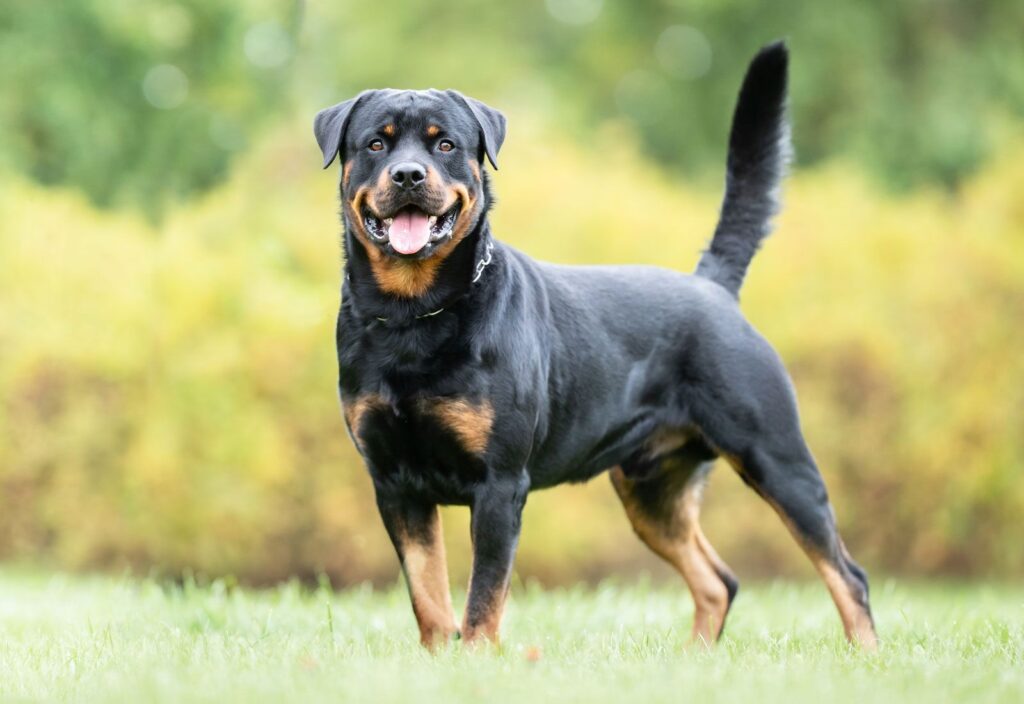
Rottweilers are large, powerful dogs weighing 80–130 pounds, originally bred to herd livestock and pull carts. Known for their confidence and loyalty, they also possess strong protective instincts.
Without proper guidance, this can manifest as territorial behavior or aggression toward perceived threats. Rottweilers need extensive socialization and obedience training to channel their natural dominance into positive behaviors.
They are best suited for experienced owners who can provide structured routines and ample mental stimulation. Despite their imposing presence, well-trained Rottweilers are gentle giants with families they trust.
3. German Shepherd
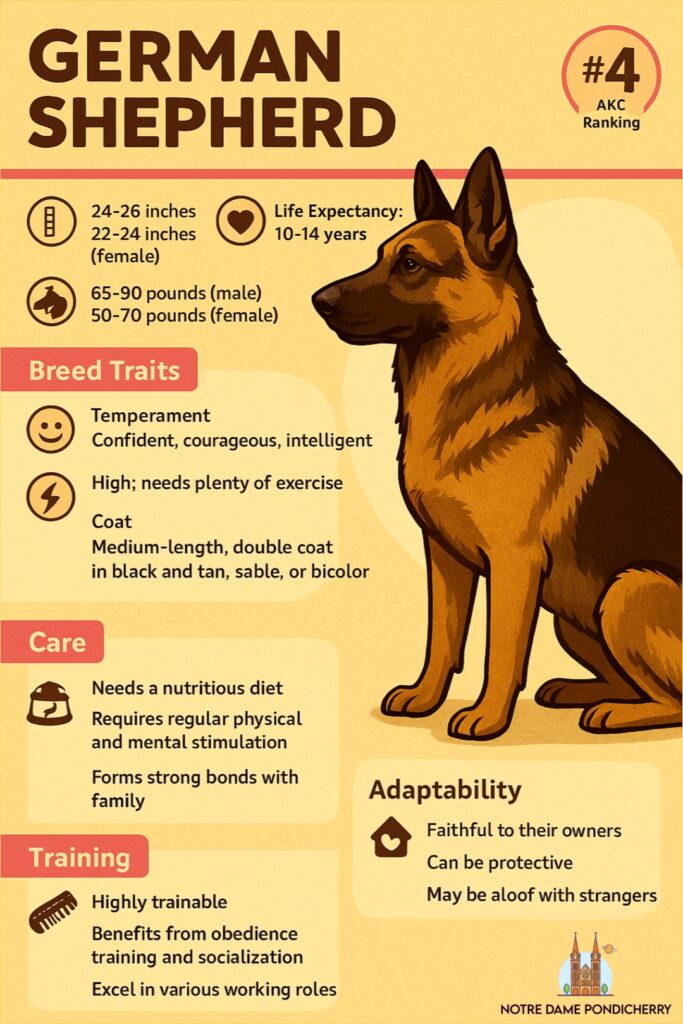
Renowned for their versatility, German Shepherds (50–90 pounds) serve as police, military, and service dogs worldwide. Their intelligence, courage, and protective nature make them exceptional working companions—but these same traits can lead to aggression if mishandled.
German Shepherds require confident leadership, rigorous exercise, and ongoing mental challenges to stay balanced. Early socialization is critical to ensure they don’t become overly suspicious of strangers. Though generally good with children, they are better suited for experienced owners than novices.
Also read – 7 Luxury Companion Dog Breeds That Exude Comfort & Class
4. Chow Chow
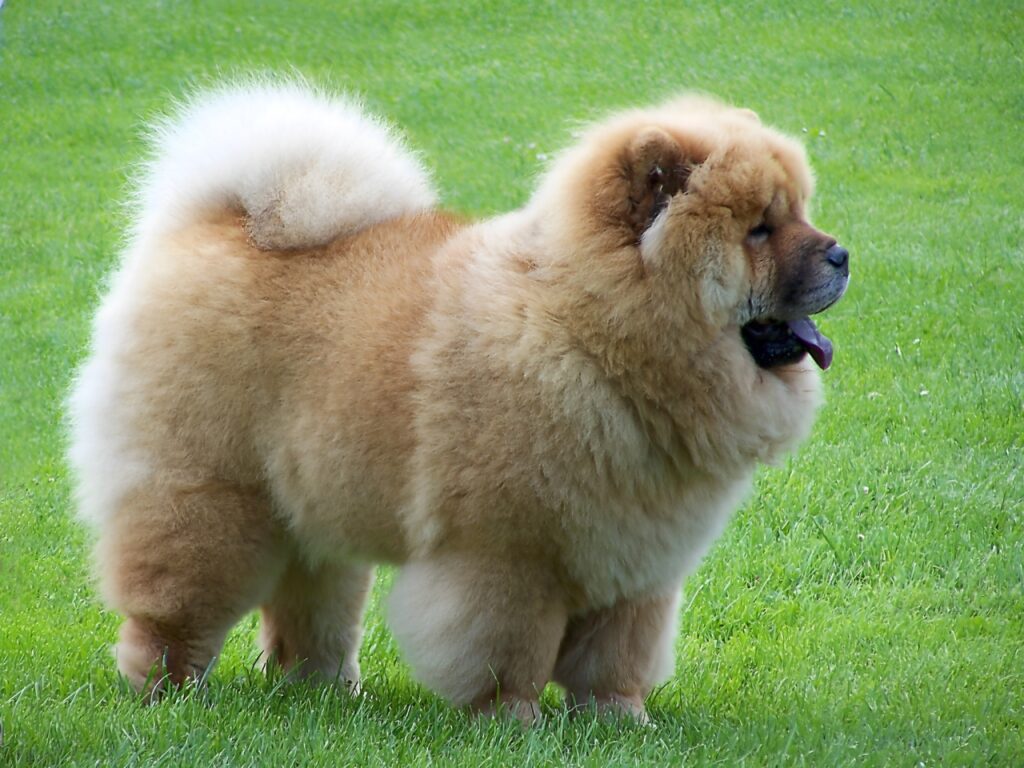
With their lion-like manes and aloof demeanor, Chow Chows (45–70 pounds) exude independence and dignity. This ancient Chinese breed has a reputation for being reserved and territorial, which can escalate into aggression without proper handling.
Chows benefit from early and thorough socialization to reduce wariness of unfamiliar people or animals. Their stubborn streak means training requires patience and consistency.
While they form deep bonds with their families, they are not ideal for first-time owners or households with young children due to their low tolerance for rough play.
5. Doberman Pinscher
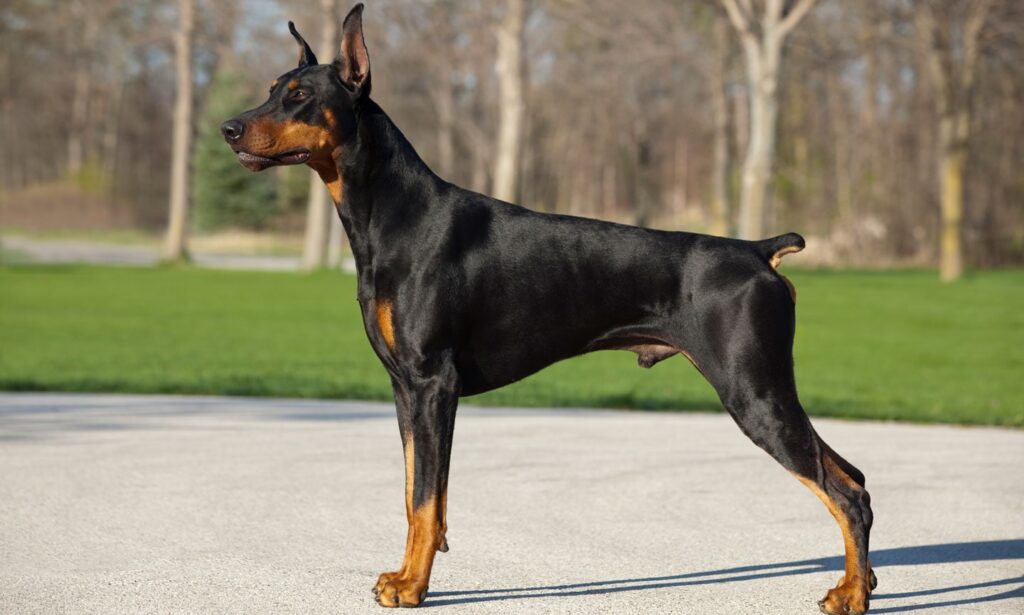
Sleek and athletic, Dobermans (60–80 pounds) are highly intelligent and fiercely loyal guardians. Bred to protect, they can display aggression toward perceived intruders if not properly trained.
Their alertness and energy demand experienced owners who can provide structured training and plenty of physical activity. Dobermans excel in obedience and protection work but require early socialization to prevent overprotectiveness.
When raised correctly, they are devoted family members who balance vigilance with affection.
Also read – 7 Easy-Care Small Dogs with Short, Simple Coats
6. Alaskan Malamute
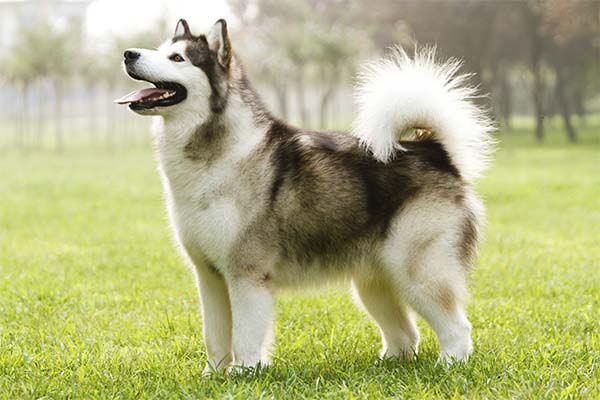
Though similar in appearance to Siberian Huskies, Alaskan Malamutes (75–100 pounds) are more independent and less inclined to follow commands.
Bred to haul heavy loads across harsh terrain, they have immense strength and endurance. Their pack-oriented mindset means they prefer clear leadership, and without it, they can become willful or even aggressive.
Malamutes also have a high prey drive, so interactions with smaller pets must be carefully supervised. While friendly with humans, they are not recommended for novice owners due to their demanding nature.
7. Cane Corso
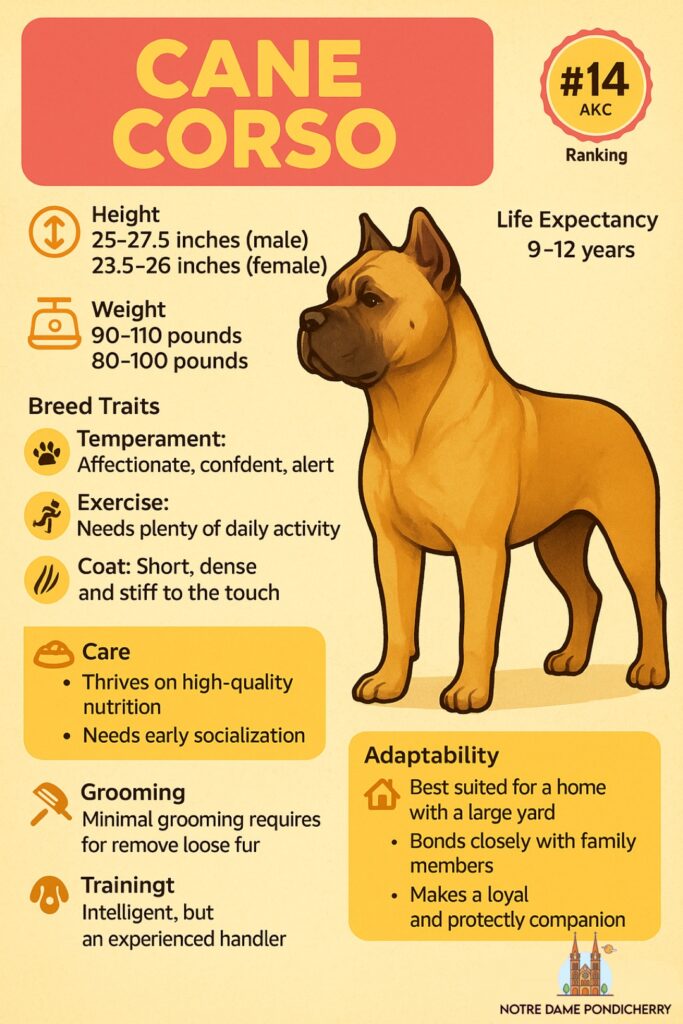
The Cane Corso is a large Italian mastiff (99–150 pounds) known for its imposing stature and protective instincts. Historically used as a farm guardian, this breed combines intelligence with a commanding presence.
Corsos require experienced handlers who understand how to manage their dominant personality and territorial tendencies. Early socialization and consistent training are non-negotiable to prevent unwanted aggression.
Legal restrictions on ownership exist in some regions due to their size and power. For seasoned dog enthusiasts, the Cane Corso can be a deeply rewarding companion.
Final Thoughts: Responsible Ownership Is Key
While the breeds listed above are often associated with aggression, it’s important to remember that no dog is inherently “bad.” Aggression arises from factors like inadequate training, insufficient socialization, neglect, or misuse by humans.
Even the strongest breeds can become loving, well-behaved companions when paired with responsible owners committed to their development.
If you’re considering one of these breeds—or any dog—take time to evaluate your experience level, lifestyle, and ability to meet their needs. Invest in professional training, prioritize socialization from puppyhood, and create a safe, enriching environment.
By doing so, you’ll help ensure your dog grows into a balanced, happy member of your family. Remember, every breed deserves respect, understanding, and a chance to shine—not fear or prejudice.

